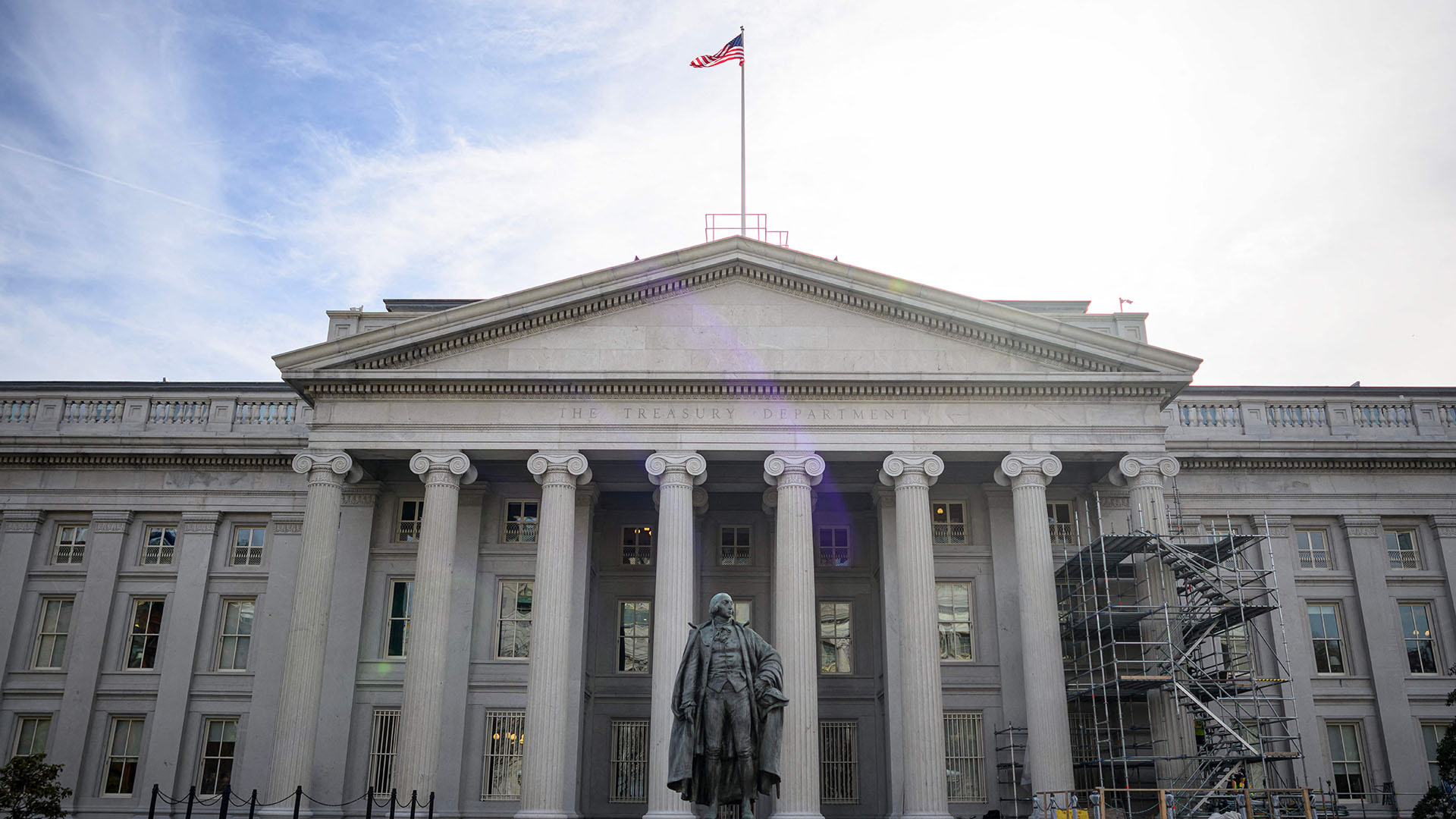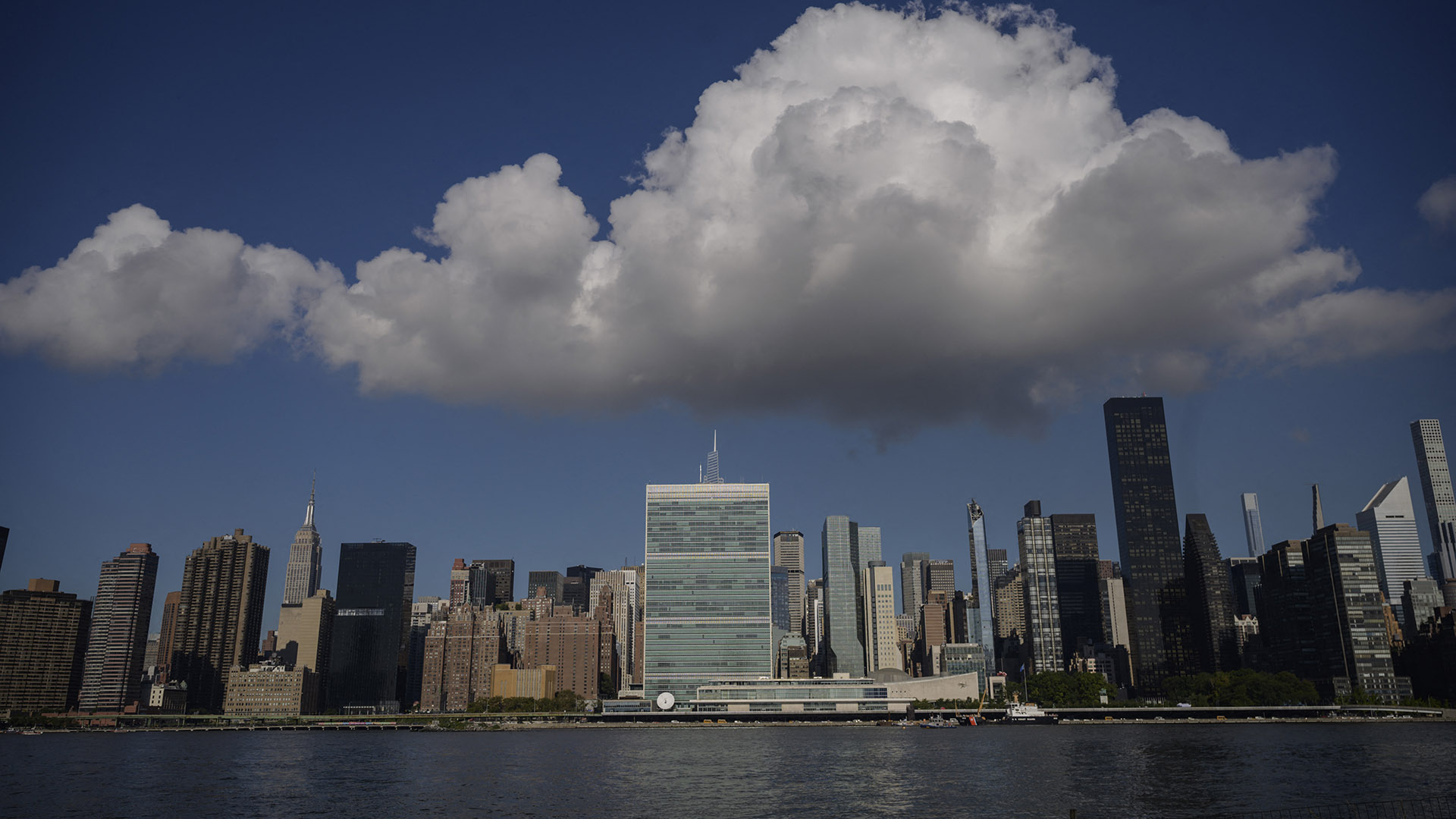Economist Gabriel Zucman has created a blueprint for a global scheme to tax billionaires’ wealth — an idea once dismissed as “utopian,” he said — ahead of a meeting of Group of 20 finance leaders in Brazil next month.
In a new report, Zucman, a professor at the Paris School of Economics and the University of California, Berkeley, said that a coordinated international push to tax “ultra-high-net-worth individuals,” around 3,000 people with assets worth more than $1 billion, 2% of their wealth would generate between $200 and $250 billion a year.
Extending the tax to “centimillionaires,” whose wealth is estimated at more than $100 million, would raise an additional $100 to $140 billion, the report said.
“You see everywhere where we have good data that the super-rich have particularly low rates of taxation,” he said during a press conference to launch the report on June 25. “It’s a problem first because it deprives governments from substantial amounts of tax revenue, and it’s a problem because it fuels the rise of inequality.”
The plan will be formally presented to finance ministers and central bank governors from the G20 — an intergovernmental group representing the world’s largest economies — during their meeting in Rio de Janeiro on July 25 and 26.
- Recommended reading
Zucman said he hopes countries can build on the collaboration that led to a 2021 deal for a global minimum 15% tax on multinational corporations. Similar to the minimum tax rate for multinationals, only billionaires who don’t already pay the equivalent of 2% of their wealth in income tax would be affected under Zucman’s proposed standard.
“International tax competition is not some kind of law of nature,” Zucman said. “And just like we can choose competition, we can also choose coordination.”
The world’s richest people often avoid paying income tax by dispersing their wealth through complicated legal structures, including trusts and holding companies, and by instructing companies they control to avoid distributing dividends and not realizing capital gains, the report noted. This means wealth is the best reference point to compute what tax is owed, according to Zucman, who suggested a uniform method for assessing wealth could expand on existing systems such as estate taxes.
“If you are a billionaire and you report little or no income, you must, in fact, be presumed to earn — and in fact you do earn — a lot of economic income,” Zucman said. “The income tax should be applied to that economic income.”
Do you have a story about corruption, fraud, or abuse of power?
In the EU Tax Observatory’s Global Tax Evasion Report 2024, the Paris-based economic think tank revealed that billionaires worldwide had effective personal tax rates of between 0% and 0.5% — well below those of ordinary taxpayers. “A progressive tax system is really a key pillar of our democratic societies,” Zucman said. “It’s essential to strengthen social cohesion and trust in government.”
As chair of this year’s G20 forum, Brazil has made taxing the ultrarich its cause célèbre, seeking to build global consensus around progressive tax mechanisms to help fight urgent crises such as ballooning inequality and runaway climate change.
Zucman was invited to speak to the G20 group in February, where he touted a minimum tax standard for billionaires that would echo the historic 2021 agreement between more than 130 countries over a global minimum tax rate for multinationals. The Brazilian finance ministry commissioned him to lay out a technical proposal to execute such a reform.
The proposal, however, may have a long way to go — the multinational tax rate, which only recently went into effect, took nearly a decade to become a reality. And, as recently as May, leaders from the U.S. and Germany expressed skepticism over a global wealth tax on billionaires.
Felipe Antunes de Oliveira, the general coordinator of international financial affairs at the Brazilian ministry of finance, said at the June 25 press conference that while academia often outpaces political decision-making, there is “a growing international consensus among experts about the necessity to effectively tax the super-rich.”
We are in challenging times. It will be necessary to unlock an unprecedented amount of resources.
— Felipe Antunes de Oliveira, Brazilian finance official
An entire generation, Antunes de Oliveira said, has come of age facing mounting crises: the 2008 financial crisis, the COVID-19 pandemic, and now climate change. Meanwhile, progress on combating world hunger and extreme poverty has stalled, he said.
“We are in challenging times,” Antunes de Oliveira said. “It will be necessary to unlock an unprecedented amount of resources.”
One key challenge governments must overcome, the report said, is wealth concealment, particularly given the international mobility of taxpayers who can afford to seek out favorable low-taxing jurisdictions for residency or as a destination for profit shifting. Another is how to unmask the beneficial owners of assets and ensure relevant tax authorities can access the information.
Several ICIJ investigations, including the 2016 Panama Papers and the 2021 Pandora Papers, have revealed the labyrinthine legal structures the elite use to shield their wealth. While some tax-dodging maneuvers are technically legal — or occur in a legal gray area — they deprive governments worldwide of billions in tax revenue. The publication of the Panama Papers, for example, led governments to recoup more than $1.36 billion in back taxes and penalties.
GIVE TO HELP US INVESTIGATE!
According to Zucman, governments could choose to implement the proposed billionaire tax in several ways, such as a presumptive income tax or a wealth tax, but coordinating to reach a global standard that acts as a floor, rather than a ceiling, is the first step.
In a statement, Oxfam International’s interim executive director Amitabh Behar described Zucman’s proposal as “sensible and serious” and “in every government’s strategic economic interest.”
“Zucman’s report sends a clear memo to the ultra-rich: ‘your wealth and power can’t shield you from paying your fair share any longer.’” Behar said. “It could be a significant step forward in mending our broken, divided and unequal societies.”
The post Top economist pitches global billionaire tax to G20 finance leaders first appeared on The News And Times.
The post Top economist pitches global billionaire tax to G20 finance leaders first appeared on Trump And The FBI – The News And Times.



